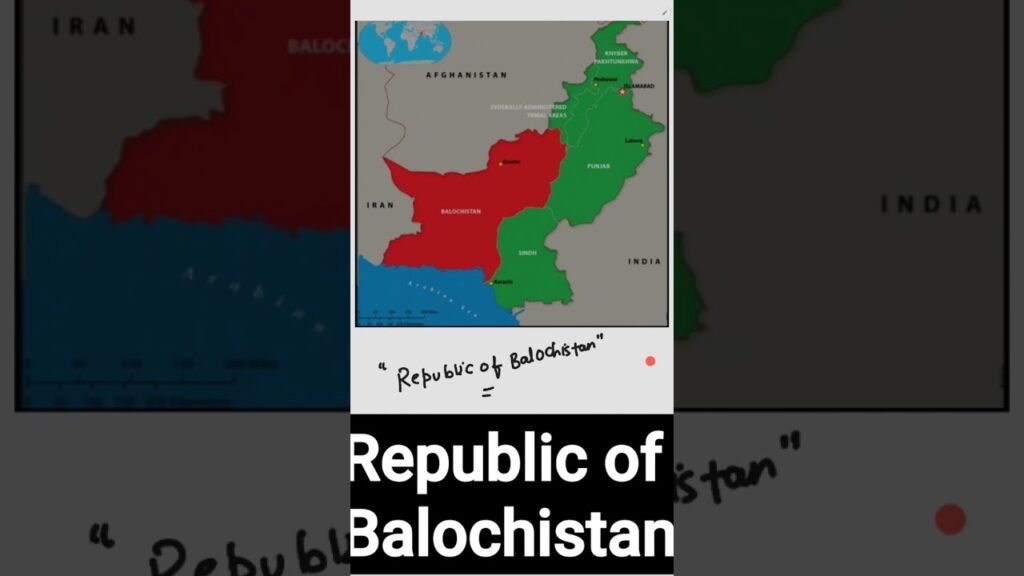
Introduction
The Republic of Balochistan, a region rich in cultural heritage and natural resources, has been a focal point for discussions on autonomy and self-determination. As tensions persist in Balochistan, the significance of the region’s political status and demands for independence have grown, highlighting issues of human rights, governance, and geopolitical considerations in the wider South Asian landscape.
Balochistan’s Historical Context
Balochistan encompasses parts of Iran, Pakistan, and Afghanistan, with its historical claims of autonomy tracing back to the early 20th century when the region experienced significant socio-political transformations. The area has been plagued by a sense of neglect and underrepresentation, leading various groups to seek independence or greater autonomy. The situation escalated following Pakistan’s independence in 1947, when the newly formed state incorporated Balochistan, sparking decades-long separatist movements.
Recent Events and Developments
In recent months, various activists have intensified their calls for greater autonomy amid reports of increased military action in the region. The Baloch Liberation Army (BLA) has made headlines with attacks on government installations and security forces, drawing attention globally to the ongoing strife within the region. In addition, the Pakistani government’s attempts to facilitate dialogues have been met with skepticism, as many Baloch leaders argue that these talks need to include meaningful discussions on self-determination.
Instances of international advocacy have also come into play. Human rights organizations have urged the international community to recognize the plight of the Baloch people, citing concerns over forced disappearances and killings. Countries such as Canada and the UK have become platforms for Baloch activists to advocate for their plight, sparking discussions in international forums about the need for accountability and transparency regarding human rights violations in Balochistan.
Conclusion: Significance for Readers
The ongoing developments in the Republic of Balochistan serve as a critical reminder of the complexities surrounding ethnic identities and geopolitical interests in South Asia. For observers and stakeholders, understanding the Baloch struggle is crucial not only for advocating for human rights but also for envisaging a peaceful resolution to long-held grievances. As the situation continues to evolve, there is potential for significant changes that could impact regional stability and affect international relations, and this is a topic that deserves continued attention from global observers.






